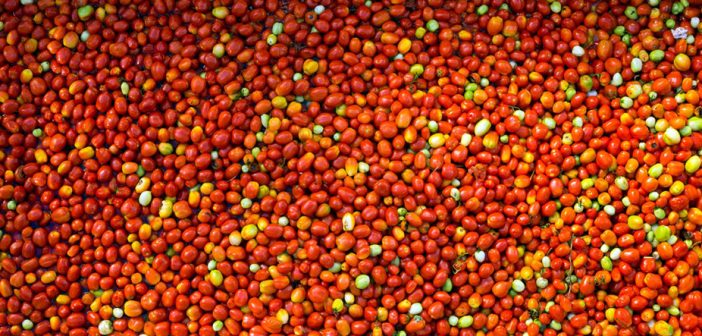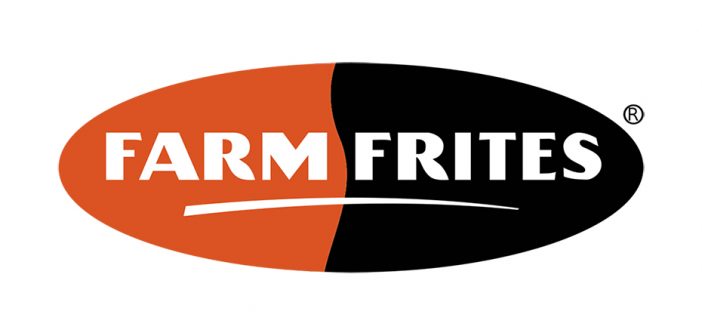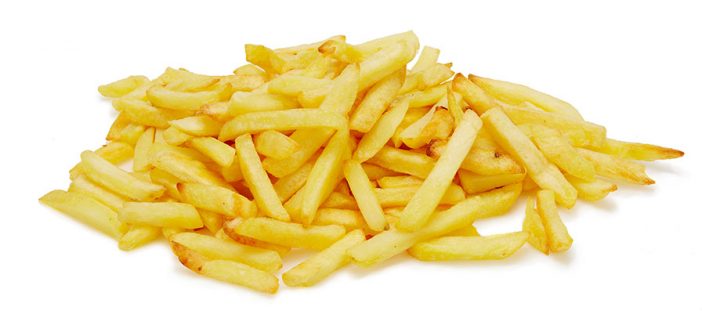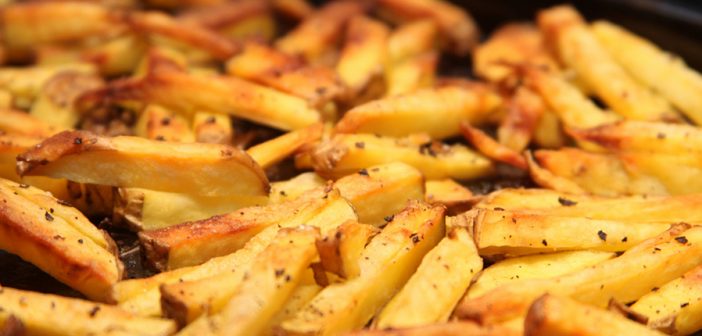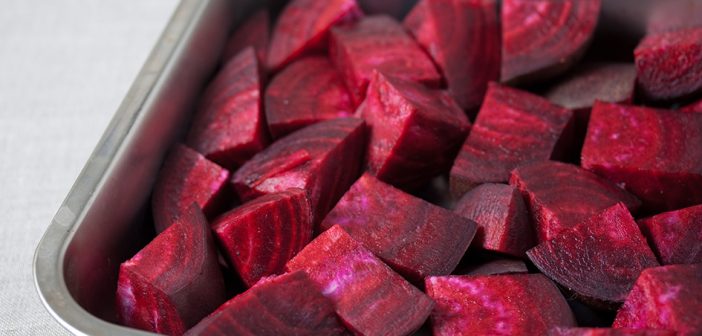Growth of Individually Quick Frozen (IQF) fresh produce, and vegetables in particular, is being held back by consumer perception following a number of food safety issues, according got a new report.
The report by Future Market Insights; IQF Vegetable Market: Global Industry Analysis and Opportunity Assessment, 2016-2026, estimates that the global market for frozen vegetables is worth more than $1,280 million US$ 1,288.3, with almost 16,900 tonnes product being supplied last year. Growth is forecast at around d 4 per cent over the next eight years, with products including potatoes, tomatoes, broccoli and cauliflower. However, peas are the fastest growing seller globally with the value of frozen pea products growing by almost 6 per cent a year.
However, the report sounds a note of caution, warning that, “The global demand for IQF vegetables is expected to be inhibited by increasing risk of consuming Listeria monocytogenebacteria, strict regulations that forbid the use of IQF vegetables due to rising occurrence of bacteria and viruses, and fluctuating prices, plus the availability of raw materials.”
The biggest market globally for frozen vegetables is the United States, followed by India, Russia and Western Europe, although the “most lucrative” market is the Middle East and Africa.
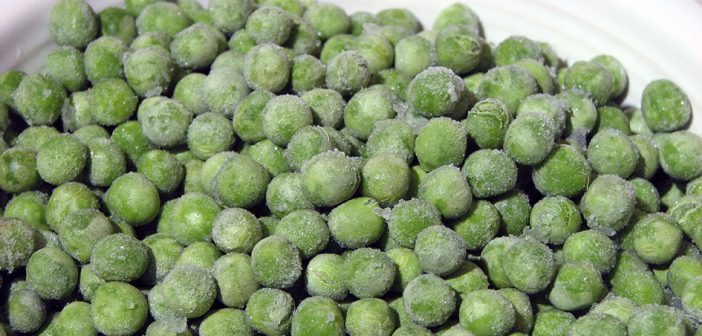
Photo Credit: Wikimedia Commons The post Bacterial contamination holding back growth of frozen veg sector appeared first on Hort News.

